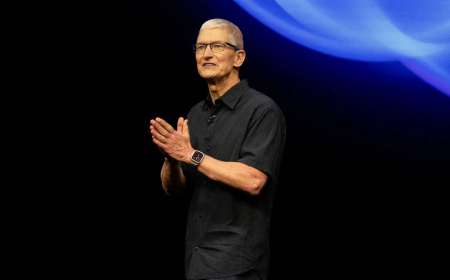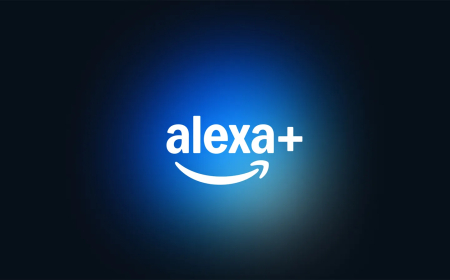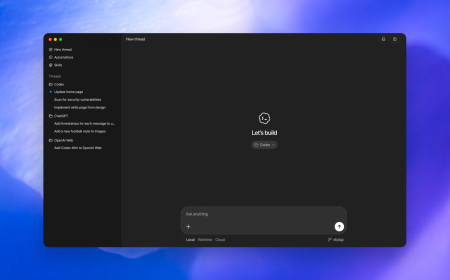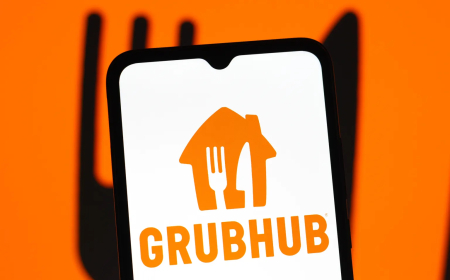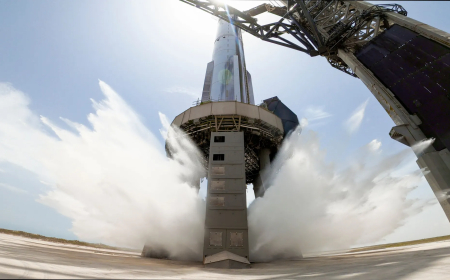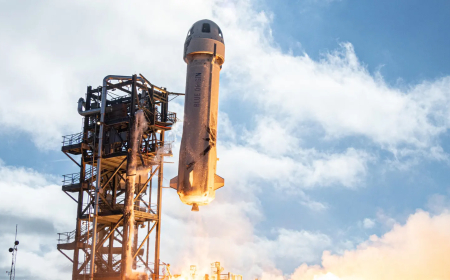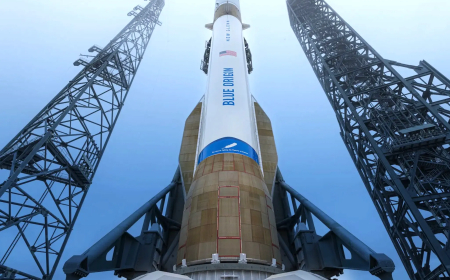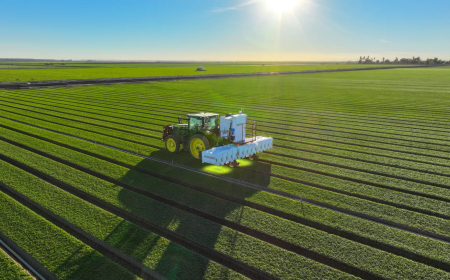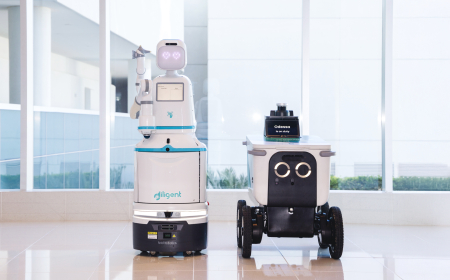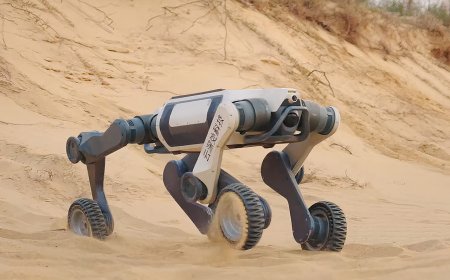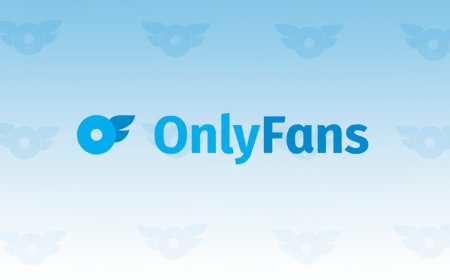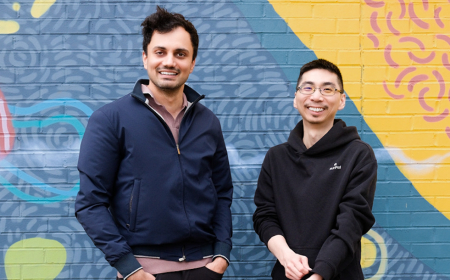Onepot AI raises $13M to simplify chemical drug creation
Onepot AI secures $13M to accelerate small-molecule synthesis with AI and automated labs, helping pharma companies develop drug compounds faster and more efficiently.
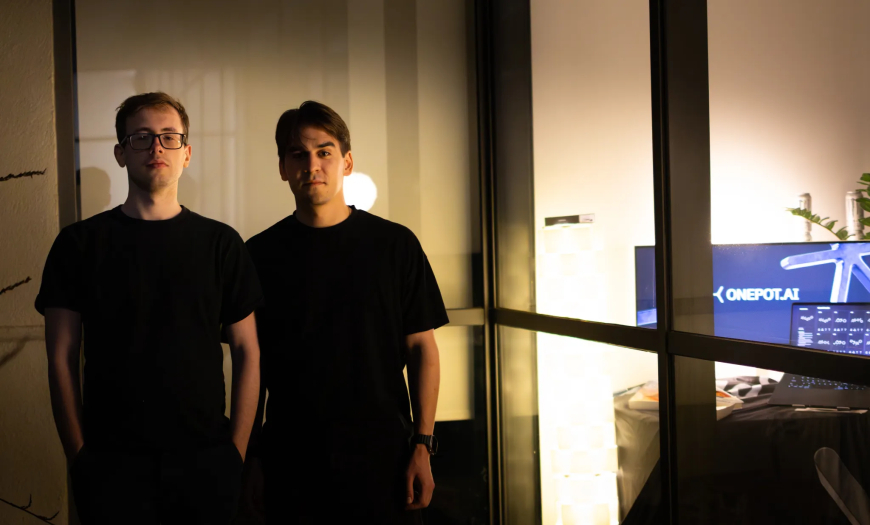
For founders Daniil Boiko and Andrei Tyrin, Onepot AI was born out of the same frustration.
“The best ideas in drug discovery were often blocked not by biology, but by synthesis,” Boiko told TechCrunch. Chemical synthesis — the process of assembling small molecules through a series of reactions — is notoriously complex. You can think of it like cooking or building with Lego pieces: the small components must be created first before anything larger or useful can be made.
And creating those small building-block molecules is incredibly difficult.
Boiko, a Carnegie Mellon PhD candidate working on machine learning for chemistry (with a bachelor’s and master’s in organic chemistry from a Russian university), said he repeatedly saw drug discovery teams abandon great ideas simply because the molecules were too complex to make.
“The compounds never even got a chance to be tested,” he said.
Tyrin experienced a parallel issue from the computational side. With a computer science degree from MIT and hands-on experience building drug discovery pipelines, he noticed a massive gap: “Models could generate ideas in hours, but the lab needed months to catch up,” he explained.
Both founders felt the same thing — that the industry was pouring money into designing new molecules while largely ignoring the more problematic bottleneck: actually making them. Add to that the geopolitical unpredictability of global supply chains and growing tensions with China, and the pair saw an opportunity to rebuild small-molecule synthesis from the ground up in the United States.
Their answer was Onepot, powered by POT-1, a small-molecule synthesis lab, and Phil, an AI organic chemist who helps run experiments and accelerate compound development. The company is already working with early biotech and pharma partners who are trialling the technology.
On Wednesday, Onepot AI officially emerged from stealth with $13 million in funding, including pre-seed capital and a seed round led by Fifty Years.
Traditionally, drug companies must build entire internal chemistry teams or turn to large overseas CROs (contract research organisations). Human chemists can spend months synthesising a single compound — often costing thousands of dollars.
This process involves endless trial and error: testing different structures, checking biological activity, reviewing toxicity, studying how the drug behaves in the body, and then choosing what to try next. According to Tyrin, the real bottleneck isn’t testing the molecules — it’s making them.
“We want to compress this down to days,” he said.
Onepot offers a catalogue of molecules it can synthesise on demand. Clients browse, select the compounds they need, and Onepot produces and ships them in physical form — either as dry compounds or dissolved in vials or plates.
Behind the scenes, the founders say the real innovation lies. They created a lab setup that lets AI agents study reaction “recipes,” learn what works, and contribute to rapid hypothesis generation. “When running experiments, we capture every small detail,” Tyrin explained — temperature, reagents, timing, and more. “Nothing is lost, which means the experiments are reproducible even a decade from now.”
The advantage is that Onepot’s AI learns from fresh, real-world lab data rather than relying on mined literature.
Boiko described their fundraising journey as “hectic.” They met their lead investor through a warm introduction — what was supposed to be a brief meeting turned into a multi-hour deep dive into industrialising chemical synthesis. Other backers include Khosla Ventures, Speedinvest, OpenAI co-founder Wojciech Zaremba, and Google Chief Scientist Jeff Dean.
With the new funding, Onepot will build a second lab in San Francisco to accelerate customer growth, expand the team, and advance its compound discovery engine. Competitors in the space include WuXi AppTec and Enamine.
In the long run, Boiko and Tyrin believe their platform can make drug discovery at least twice as fast — and open the door to entirely new types of chemistry once considered too difficult or “weird” to attempt.
“You’re not just speeding up drug discovery,” Boiko said. “You’re expanding the design space for what drugs and materials can be. The drug we haven’t discovered yet might already be out there, waiting for us to find it.”
What's Your Reaction?
 Like
0
Like
0
 Dislike
0
Dislike
0
 Love
0
Love
0
 Funny
0
Funny
0
 Angry
0
Angry
0
 Sad
0
Sad
0
 Wow
0
Wow
0





